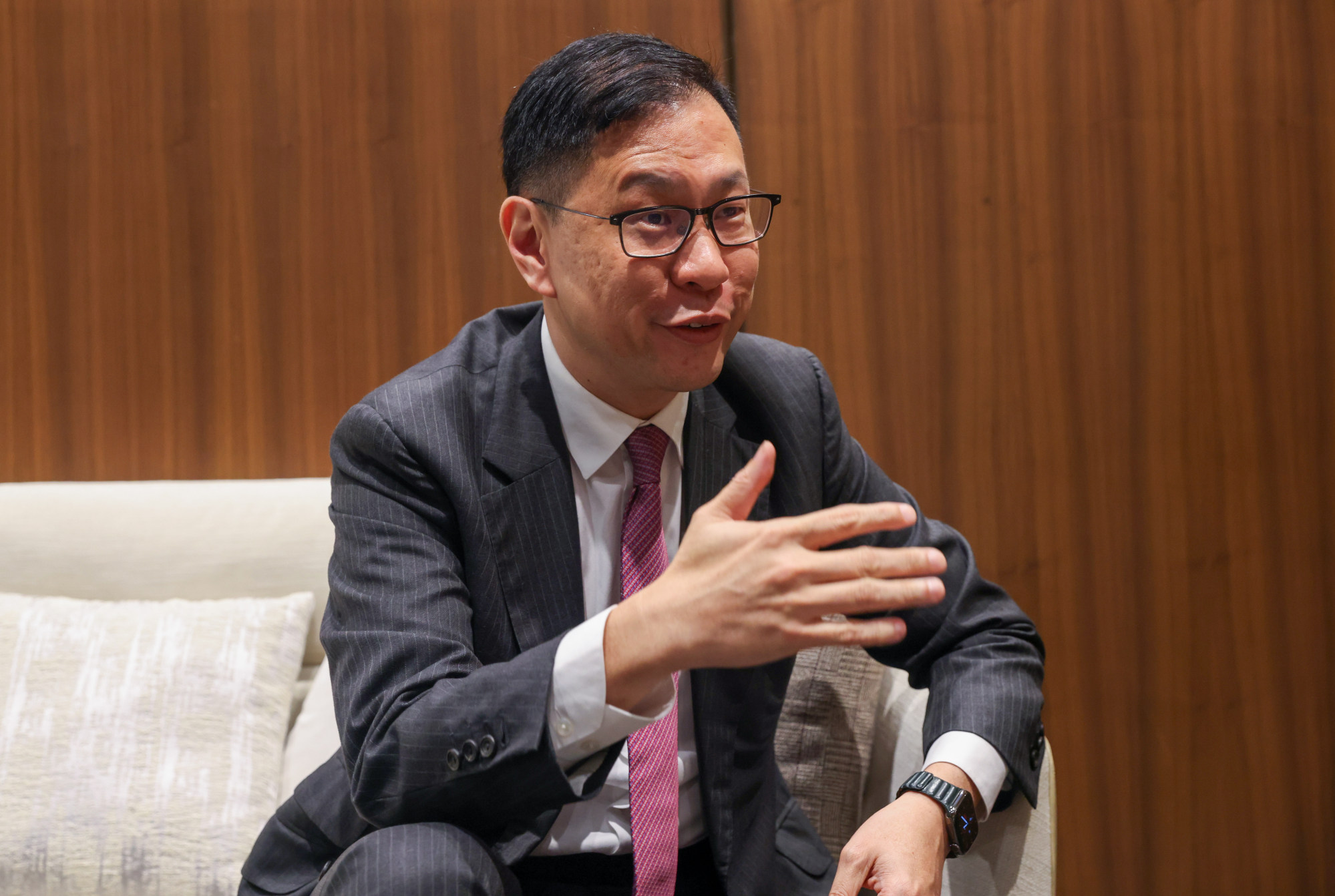
Hong Kong’s national security laws not major concern for international arbitration community, head of Bar Association says
- Bar Association chairman Victor Dawes says those who are concerned need only visit city and interact with local arbitration community
- ‘They know that an independent arbitral tribunal really will not be affected by these legislations,’ he says
The international arbitration community is not overly concerned about Hong Kong’s national security laws, as members have confidence in the independence and experience of the judiciary, the head of the city’s Bar Association has said.
Senior Counsel Victor Dawes, the association’s chairman, said on Saturday that those who were concerned need only visit the city and interact with the local arbitration community, citing his previous experience.
“I think people who are in the know, who are within the arbitration community, you see very few questions are asked about national security legislations in the arbitration circle because they are familiar with the process,” Dawes said.
“They know that an independent arbitral tribunal really will not be affected by these legislations.”
Hong Kong passed its domestic national security legislation in March, which complements another law imposed by Beijing in 2020.
Dawes’s comments were a response to some legal analysts who said the 2020 legislation added risks for foreign firms in all legal disputes, including arbitration, prompting them to use jurisdictions outside China such as Singapore.

Pointing to his previous experience with an overseas client, who was concerned about losing in arbitration against a Chinese state-owned enterprise, Dawes said the client was eventually convinced that the city was no different in the outcomes or fairness compared with other places.
The legal heavyweight added that Hong Kong’s judiciary, staffed by experienced judges, would give the business community a greater incentive in choosing the city as an arbitration or dispute resolution hub.
Addressing concerns over the city’s national security laws, Dawes said Hong Kong was in the spotlight because the legislations were new but no different from jurisdictions with similar legal provisions.
“But what I can say is a lot of visitors, after coming to Hong Kong, after interacting with us, [would] actually make them better understand the local situation and eases any concerns that they may have,” he said.
Joanne Lau, secretary general of the Hong Kong International Arbitration Centre, agreed with Dawes, saying it was important for members of the international community to visit Hong Kong for events related to arbitration and to experience the process for themselves.
Dawes and Lau were speaking to the Post before the Colloquium on Arbitration event on Saturday, which is jointly organised by the Hong Kong Bar Association and the centre.
The event, attended by about 140 people from about 20 legal jurisdictions, is a prelude to the 26th International Council for Commercial Arbitration Congress.
Organised every two years, the ICCA Congress is a leading event in the field of international arbitration and will be held Sunday to Wednesday.
Lau noted that the congress and its related events would provide an opportunity for members of the community to exchange ideas and better understand the city’s role as an arbitration centre.
The duo also addressed Hong Kong’s role amid the rise of emerging arbitration institutions in mainland China, as well as regional counterpart Singapore.
Compared with these other arbitration centres, Lau noted that industry professionals in the city were experienced in handling disputes related to China, which was further enhanced by their language abilities and understanding of the cross-border business culture.
“Hong Kong is also a very international, very multicultural place. So we’ve been well equipped in handling international disputes, for as I said, decades,” she said.
Dawes, meanwhile, noted that Hong Kong and Singapore had their own respective strengths, pointing to the former’s role as a superconnector between many mainland cities and the rest of the world, as well as the infrastructure and talent pool available locally.
Hong Kong has been consistently voted the top five preferred seats for arbitration globally since 2015, according to Secretary for Justice Paul Lam Ting-kwok.

